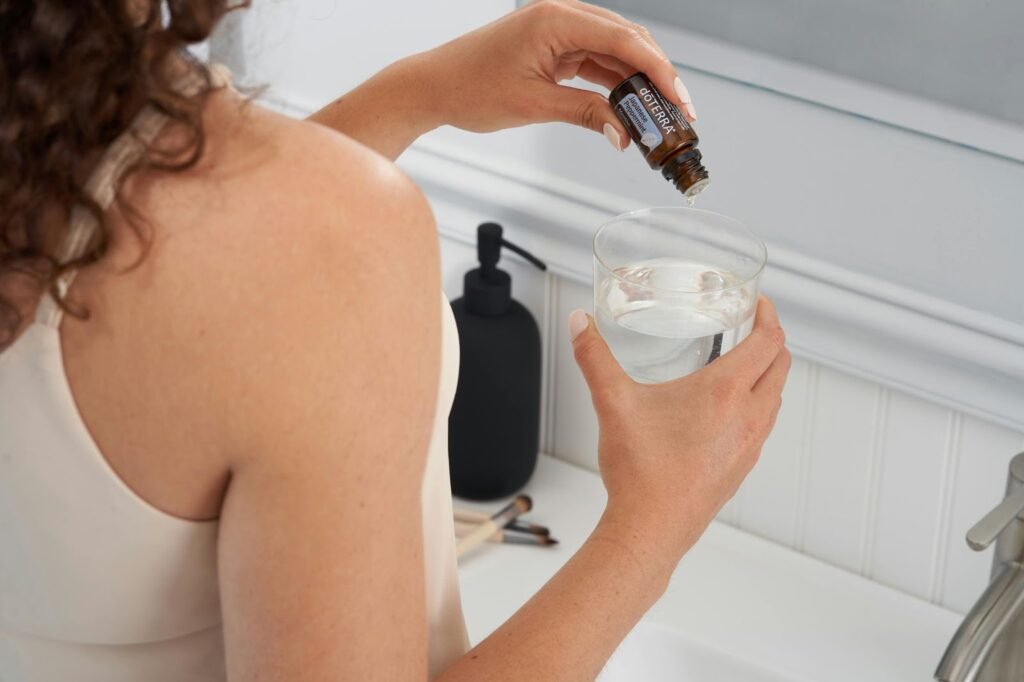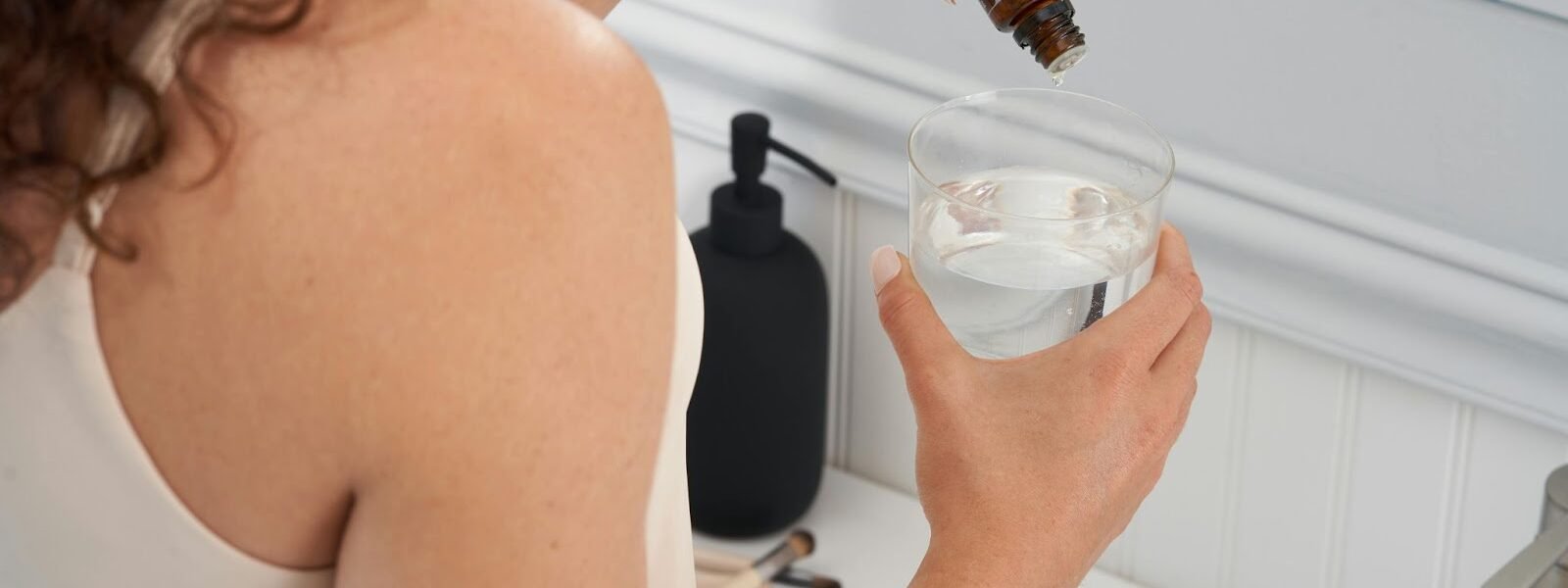Introduction
The bathroom medicine chest is often an overlooked space in our homes. Yet, it’s a crucial area where we store essential medications, first-aid supplies, and personal care products. A well-organized and safe medicine chest can contribute significantly to our overall health and well-being. In this article, we’ll delve into the best practices for organizing and maintaining your bathroom medicine chest, addressing common questions and concerns.

Why is a Bathroom Medicine Chest Important?
- Accessibility: A dedicated medicine chest keeps essential items within easy reach, especially during emergencies.
- Safety: Proper storage prevents accidental ingestion, particularly by children or pets.
- Organization: A well-organized chest promotes efficient use of space and ensures you always know where to find what you need.
- Shelf Life: A cool, dry environment helps maintain the potency and shelf life of medications.
Essential Items for a Bathroom Medicine Chest
- First-Aid Supplies:
- Bandages (assorted sizes)
- Antiseptic wipes or solution
- Pain relievers (e.g., acetaminophen, ibuprofen)
- Cold compress
- Tweezers
- Scissors
- Thermometer
- Allergy medication
- Antidiarrheals
- Antacids
- Personal Care Products:
- Toothpaste and toothbrush
- Mouthwash
- Floss
- Hairbrush and comb
- Shaving supplies
- Nail clippers
- Cotton swabs
- Contact lens solution and accessories
- Prescription Medications:
- Store all prescription medications in their original containers with labels.
- Follow expiration dates and dispose of expired medications properly.
Organization Tips
Categorize Items: Group similar items together (e.g., first-aid supplies, personal care products).
Use Bins and Containers: Utilize small bins or containers to store items like cotton balls, bandages, and medications.
Label Clearly: Label shelves or bins to quickly identify the contents.
Keep it Clean: Regularly clean the medicine chest to prevent dust and dirt buildup.
Check Expiration Dates: Periodically review expiration dates and discard outdated items.
Safety Considerations
Childproofing: Use childproof latches or locks to prevent access by young children.
Pet Safety: Store medications and chemicals out of reach of pets.
Proper Disposal: Dispose of expired or unused medications safely according to local regulations.
Avoid Mixing Medications: Never mix medications without consulting a healthcare professional.
Common Questions and Answers
Can I store over-the-counter medications in my bathroom medicine chest?
While it’s generally okay, avoid storing medications in bathrooms with high humidity, as moisture can affect their potency.
How often should I clean my medicine chest?
Aim to clean it every few months or whenever you notice dust or dirt buildup.
What is the best way to dispose of expired medications?
Check with your local pharmacy or waste management agency for specific disposal guidelines.
Can I store vitamins and supplements in my medicine chest?
Yes, but ensure they are stored in a cool, dry place and away from direct sunlight.
Is it safe to store first-aid supplies in my bathroom medicine chest?
Yes, as long as they are stored properly and out of reach of children and pets.
Organization and Maintenance
What should I store in my bathroom medicine chest?
Primarily, you should store medications, both prescription and over-the-counter, first-aid supplies, and personal care products.
How often should I clean my medicine chest?
It’s recommended to clean your medicine chest at least once every few months to prevent dust, dirt, and moisture buildup.
How can I organize my medicine chest effectively?
Use small containers or bins to group similar items, label shelves or bins for easy identification, and consider using a medicine cabinet organizer.
Safety and Childproofing
Is it safe to store medications in a bathroom?
While it’s generally okay, avoid storing medications in bathrooms with high humidity, as moisture can affect their potency.
How can I childproof my medicine chest?
Use childproof latches or locks to prevent access by young children.
What should I do with expired medications?
Dispose of them safely according to local regulations, often by returning them to your pharmacy for proper disposal.
Common Mistakes and Tips
What are common mistakes people make when organizing their medicine chests?
Overcrowding, not checking expiration dates regularly, and storing items in inappropriate conditions are common mistakes.
How can I prevent mold growth in my medicine chest?
Ensure proper ventilation and avoid storing items that are too wet or damp.
Additional Considerations
Can I install a medicine cabinet myself?
While it’s possible, it’s generally recommended to hire a professional for installation, especially if you’re dealing with a recessed cabinet or have limited DIY experience.
What are some alternative storage options for bathroom essentials?
If you don’t have a medicine cabinet, consider using a vanity with built-in storage, a wall-mounted shelf, or a freestanding organizer.
Medication Storage
Can I store vitamins and supplements in my medicine chest?
Yes, as long as they are stored in a cool, dry place and away from direct sunlight.
Is it safe to store prescription medications in my bathroom medicine chest?
Generally, yes, but be mindful of humidity and temperature. Some medications might be sensitive to these factors.
How long can I keep over-the-counter medications in my medicine chest?
Always check the expiration date on the packaging. Most over-the-counter medications have a shelf life of several years, but potency can decline over time.
First-Aid Supplies
What first-aid supplies should I keep in my medicine chest?
Essential items include bandages, antiseptic wipes, pain relievers, tweezers, scissors, a thermometer, allergy medication, and a cold compress.
How often should I replace first-aid supplies?
Check expiration dates and replace items as needed. Some items, like bandages and antiseptic wipes, might need to be replaced more frequently due to usage.
Maintenance and Cleaning
How do I clean my medicine chest?
Avoid harsh chemicals that might damage the finish.
What can I do to prevent mold growth in my medicine chest?
Ensure proper ventilation and avoid storing items that are too wet or damp.
Conclusion
A well-organized and safe bathroom medicine chest is an essential part of any household. By following the tips and guidelines outlined in this article, you can create a space that is both functional and secure. Remember to regularly review and update the contents of your medicine chest to ensure your family’s health and well-being.
To read more, click here.




